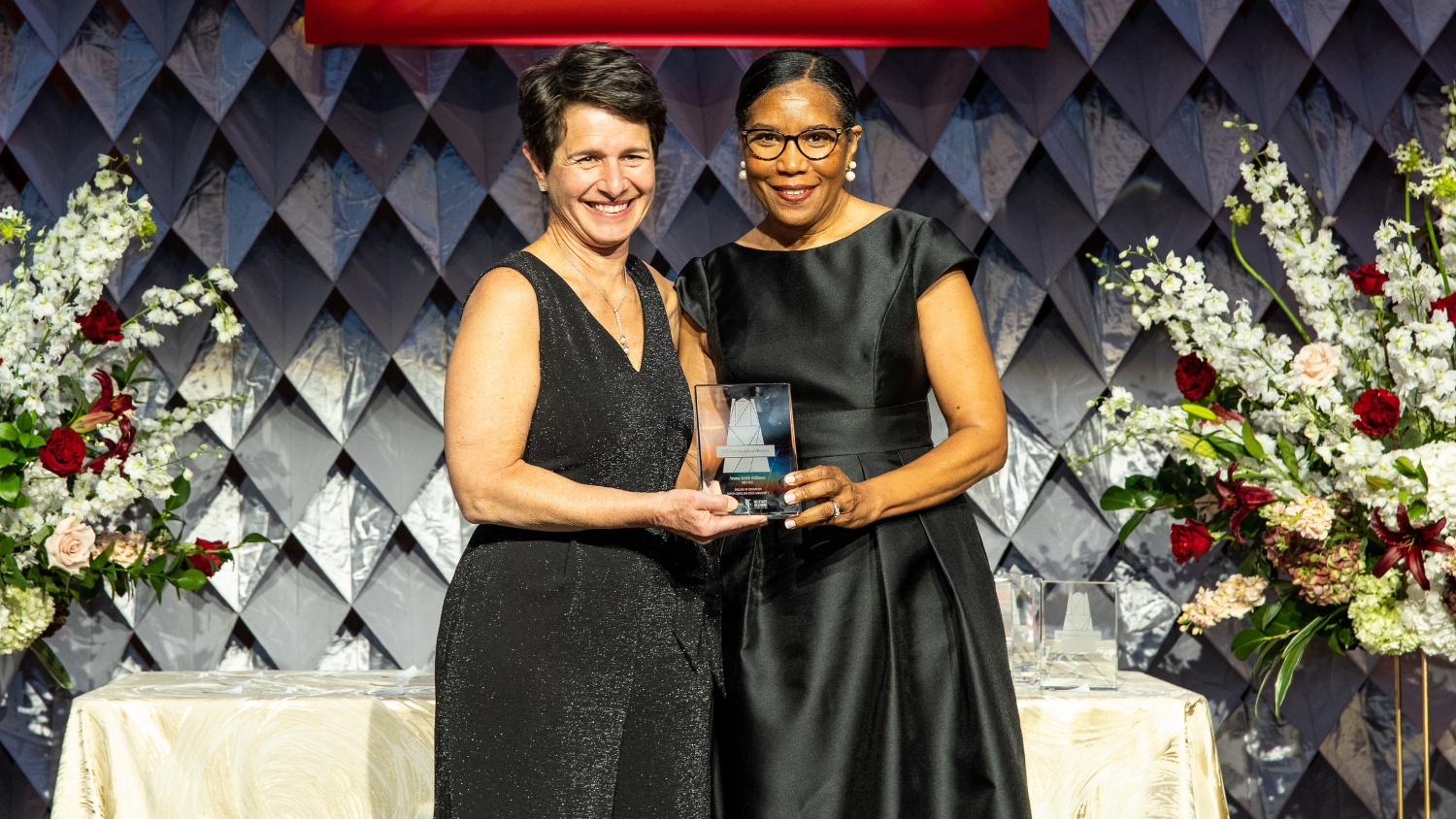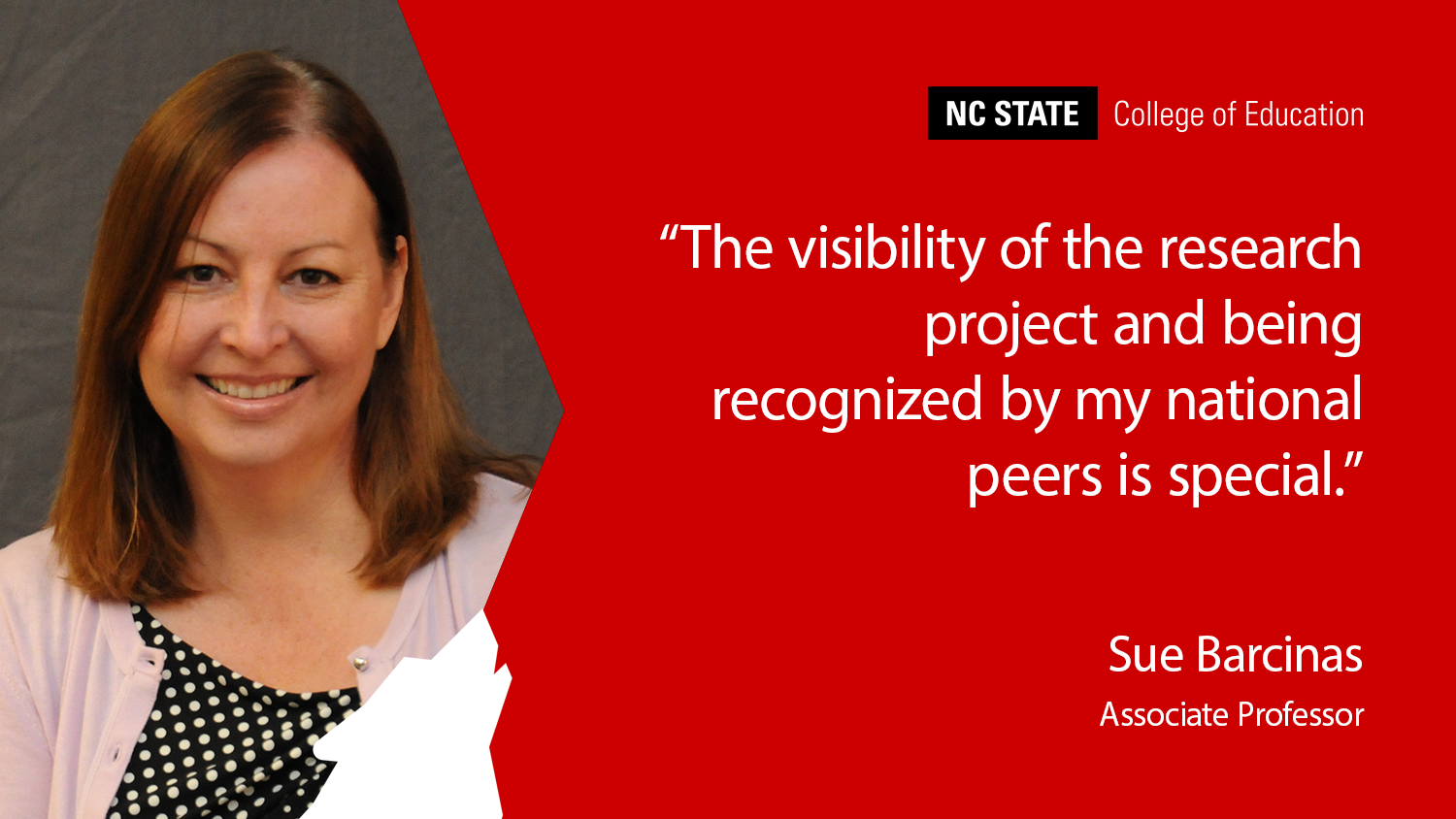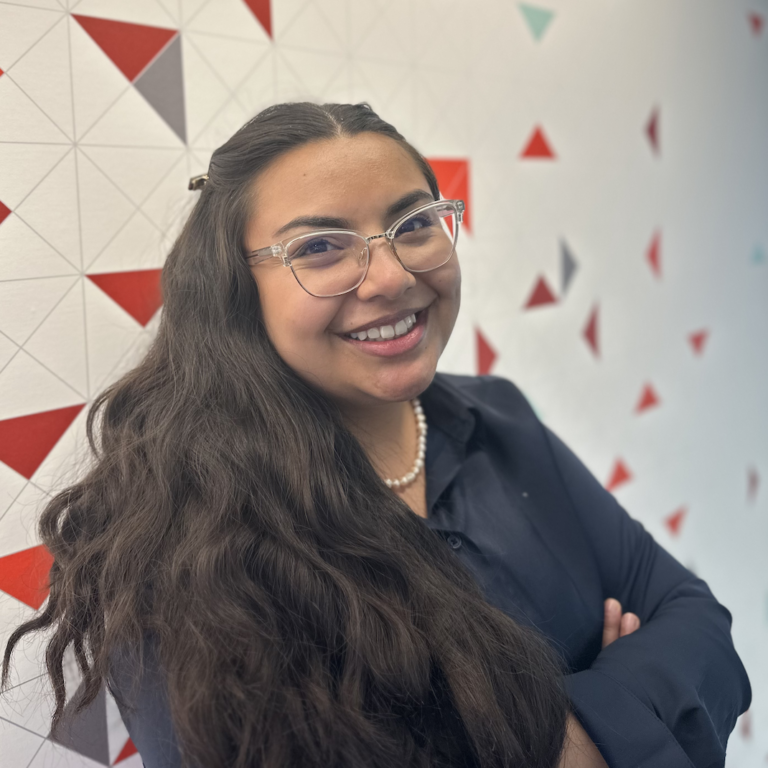## Level Up: NC State Professor Wins Award for Designing Engaging Learning Experiences
Forget boring textbooks and dry lectures! Assistant Professor Ela Castellanos-Reyes of NC State’s College of Education is proving that learning can be an exciting adventure. The game’s afoot, and this innovative educator is rewriting the rules with her passion for designing cutting-edge learning experiences.

Recently, her dedication earned her the College of Education’s 2025 Early Career Faculty Strategic Excellence Award, a testament to her commitment to making education more engaging and accessible for everyone.

Methodology and Impact

Dr. Castellanos-Reyes’s research toolkit is impressive, drawing upon a diverse set of methodologies to delve into the intricacies of online learning and gamified environments.
Dr. Castellanos-Reyes’s Research Toolkit
- Network Analysis: Dr. Castellanos-Reyes utilizes network analysis to map the connections and relationships within online learning communities. This allows her to understand how interactions between learners, instructors, and content shape the learning experience.
- Machine Learning: Leveraging the power of machine learning algorithms, Dr. Castellanos-Reyes can analyze vast amounts of data generated within online platforms. This helps her identify patterns and trends in learner behavior, predict learning outcomes, and personalize educational interventions.
- Hierarchical Linear Models: Dr. Castellanos-Reyes employs hierarchical linear models to account for the nested nature of data in online learning environments. These models allow her to examine the influence of individual factors (e.g., learner characteristics) as well as contextual factors (e.g., course structure) on learning outcomes.
- Publishing in Top Journals: Her work has been published in prestigious journals such as Computers in Human Behavior, The Journal of Computing in Higher Education, and The Internet and Higher Education, ensuring her research reaches a wide audience of scholars and practitioners.
- Collaborating with Stakeholders: Dr. Castellanos-Reyes actively collaborates with stakeholders in the field of education, including educators, instructional designers, and technology developers. This collaborative approach ensures that her research has practical implications and contributes to the development of effective educational practices.
Disseminating Knowledge and Shaping the Future of Education
Dr. Castellanos-Reyes is dedicated to sharing her research findings with the broader educational community.
From Academia to Action: Applying Research to Real-World Games
Dr. Castellanos-Reyes’s research has significant implications for the design and development of engaging and effective educational games.
Practical Takeaways for Game Developers
- Designing for Social Presence and Engagement: Dr. Castellanos-Reyes’s work highlights the importance of fostering a sense of social presence and community within game-based learning environments. Game developers can incorporate features that encourage collaboration, communication, and interaction among players, creating a more immersive and engaging learning experience.
- Leveraging AI to Personalize Learning Experiences: By utilizing machine learning algorithms, game developers can tailor the gameplay and learning content to the individual needs and preferences of each player. This personalized approach can enhance motivation, engagement, and ultimately, learning outcomes.
- Bridging the Gap Between Research and Practice: By fostering partnerships between researchers, game developers, educators, and policymakers, we can ensure that educational games are grounded in sound pedagogical principles and effectively address the needs of learners. This collaborative approach will lead to the creation of more impactful and transformative learning experiences.
The Future of Education Games: A Collaborative Approach
Dr. Castellanos-Reyes emphasizes the need for a collaborative approach to the development and implementation of educational games.
Conclusion
Professor Ela Castellanos-Reyes’s win of the College of Education’s 2025 Early Career Faculty Strategic Excellence Award is a testament to her dedication to innovative learning experiences. Her work, which blends technology and game design to enhance student engagement and understanding, is not just groundbreaking, it’s essential. As our world becomes increasingly digital, educators need tools to make learning relevant and exciting for the next generation. Professor Castellanos-Reyes’s research and teaching provide a roadmap for achieving this, demonstrating the power of games to unlock potential and foster a love for learning.
This award isn’t just an individual honor; it signals a shift in educational priorities. By recognizing the strategic value of game-based learning, NC State University is paving the way for a future where education is more interactive, engaging, and ultimately, more effective. Imagine classrooms where students actively construct knowledge through playful exploration, where the thrill of discovery drives learning, and where technology empowers rather than distracts. Professor Castellanos-Reyes’s work is bringing this vision to life, demonstrating that the future of education is not just about what we teach, but how we teach it. Her dedication inspires us all to rethink the learning experience and embrace the transformative power of games.
